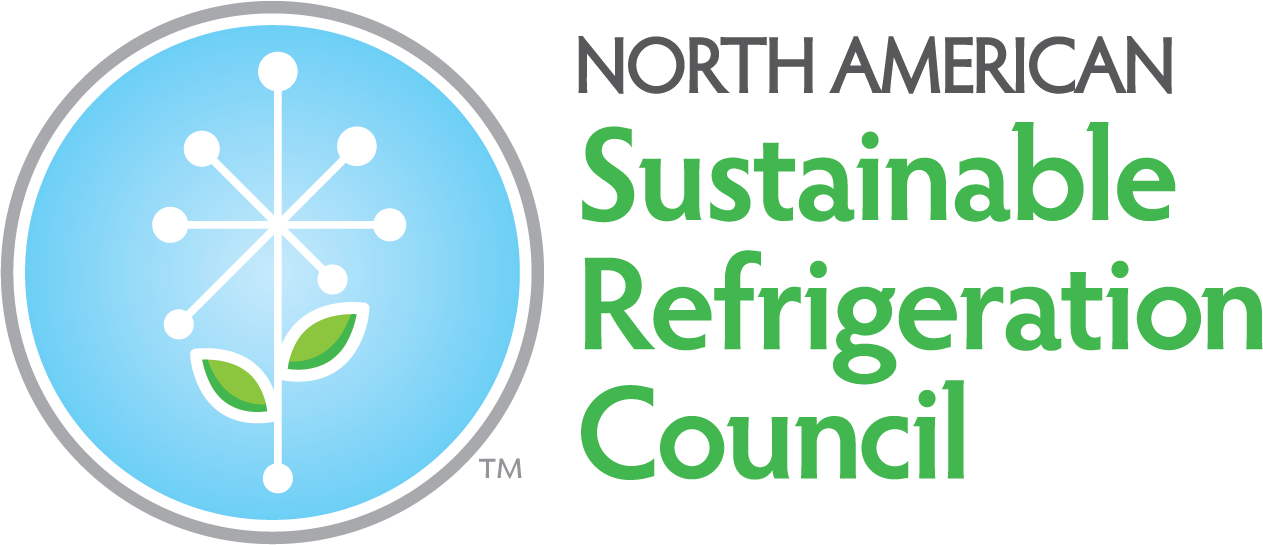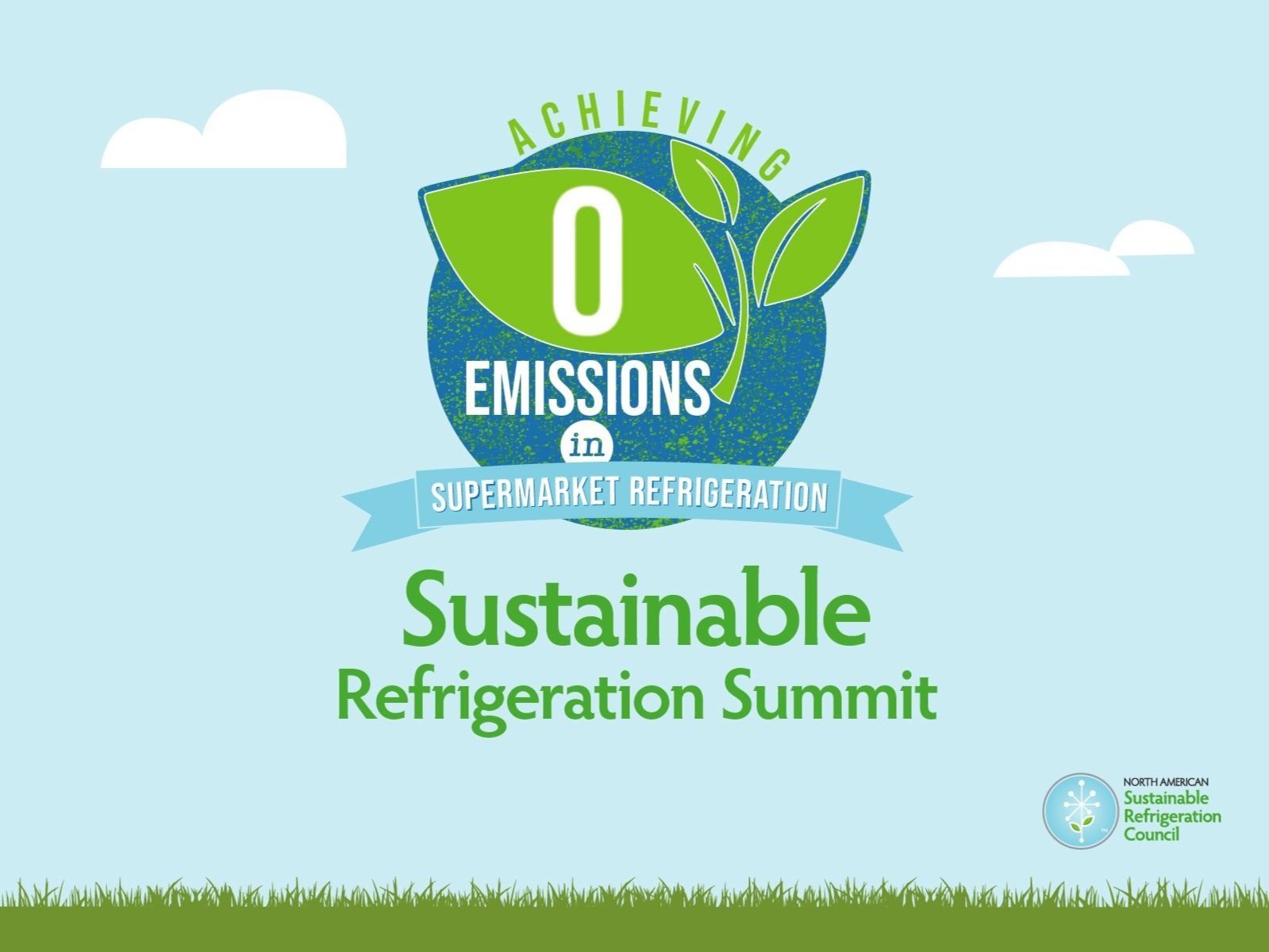FRIP is part of California Climate Investments, a statewide program that puts billions of Cap-and-Trade dollars to work reducing greenhouse gas emissions, strengthening the economy, and improving public health and the environment — particularly in disadvantaged communities. FRIP was established to address the fact that upfront costs remain a significant hurdle for grocers to transition to low global warming potential (GWP) refrigerants.
Recently, CARB awarded FRIP grants to 15 grocery projects across California, 12 of which were funded through the NASRC AIP Pilot and represented $880,000 of the total $1 million awarded. The projects funded through the AIP Pilot will use climate-friendly natural refrigerants with near-zero GWP, such as CO2 and propane.
The grants will support innovative projects, including partial transitions to natural refrigerants in four existing Whole Foods Market facilities. Because natural refrigerants are not a “drop-in” solution, they require a full system replacement rather than a simple gas retrofit, representing a much greater challenge for grocers. “There’s no straightforward solution for replacing HFC equipment,” said Mike Ellinger, Principal Program Manager of Engineering, Compliance & Sustainability at Whole Foods Market. “The FRIP funding will allow us to test several innovative approaches and the results will inform our strategy for existing stores in the future.”
ALDI, another national chain grocer, received awards for seven projects through the AIP Pilot, four of which are located in disadvantaged communities that are disproportionately impacted by the changing climate. "The funding ALDI receives through FRIP supports our continued dedication to natural refrigerant technology,” said Dan Gavin, ALDI Vice President of National Real Estate. “At ALDI, we continue to explore new ways to lower our carbon footprint, and we are particularly excited about the energy data we will receive from this outstanding program."
In addition to the grants, FRIP awardees will participate in data sharing and service workforce development activities, further addressing barriers that are slowing the adoption of natural refrigerants in the US. NASRC is supporting the implementation of these activities as part of their AIP Pilot.
Due to the COVID pandemic, the FRIP funding was not renewed in the California 2021 fiscal year budget. NASRC is advocating for the program to receive additional funding in the future to support full or partial system replacements in existing stores. There will be opportunities to submit comments in support of renewed FIRP funding later this year, but in the meantime NASRC is thinking bigger.
“Our goal with the pilot was always to expand beyond California,” said Wright. “Given the upcoming federal HFC phasedown, there is a need for national funding support to aid the transition. That’s where we’re looking next.”
















